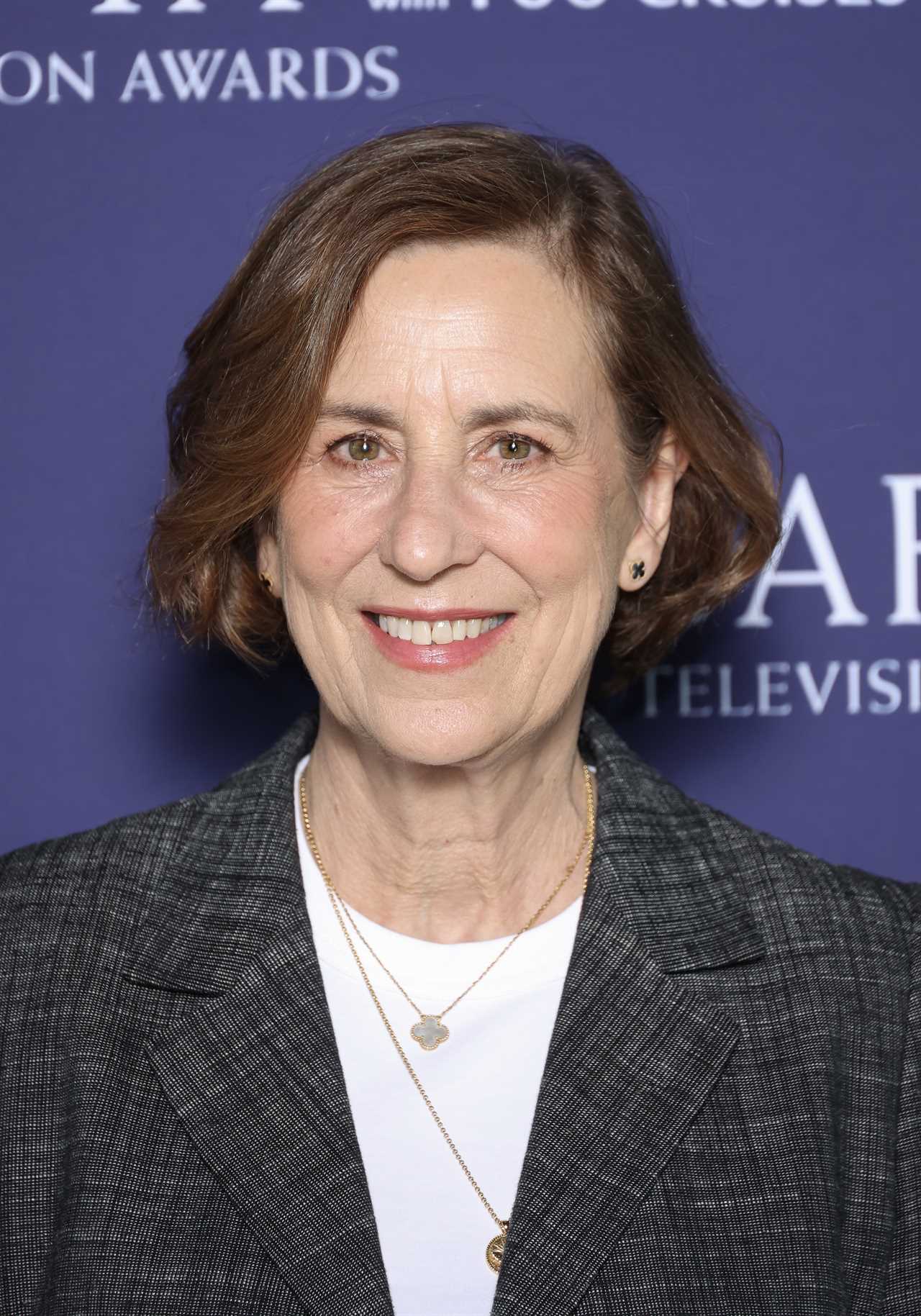
Amidst a recent clash between BBC personalities and management, esteemed broadcaster Kirsty Wark, at 70, cautions fellow presenters on the importance of impartiality, emphasizing that their role is not to become the focal point of the narrative. The discussion comes in the aftermath of Match of the Day host Gary Lineker's public criticism of the BBC's decision to suspend him for a tweet denouncing the Tory government's immigration policies. This incident prompted the BBC to revise its social media impartiality guidelines, extending them to all presenters beyond just those in news and current affairs.
Upholding Trust in Journalism
Wark's counsel to her peers underscores the fundamental principle of journalistic integrity - a cornerstone of public trust in media institutions. By advocating for thorough investigation and a commitment to uncovering diverse perspectives, she positions the BBC as a reliable source of information in an increasingly complex world. In a landscape rife with misinformation, the onus lies on media professionals to maintain credibility through rigorous reporting and a steadfast dedication to factual accuracy.
Challenges of Navigating Opinion and Objectivity
Amidst debates around the boundaries between personal opinion and professional neutrality, the BBC's recalibration of impartiality rules reflects a broader industry-wide struggle. As broadcasters engage with audiences across various platforms, the delineation between individual viewpoints and institutional credibility becomes increasingly blurred. Negotiating this terrain requires a delicate balance between personal expression and the journalistic duty to present information objectively, free from undue bias.
Journalistic Responsibility in a Diverse Media Landscape
Wark's assertion that presenters should refrain from overshadowing the story with their own perspectives speaks to the evolving role of media in shaping public discourse. In an era marked by polarisation and echo chambers, the imperative for journalists to provide a nuanced understanding of complex issues has never been more crucial. By prioritising the dissemination of accurate, well-rounded information over personal commentary, media professionals can fulfil their responsibility as conduits of knowledge in an increasingly fragmented information ecosystem.

Preserving the Integrity of Public Broadcasting
The BBC's adherence to impartiality guidelines serves as a testament to its commitment to upholding journalistic standards and safeguarding its reputation as a trusted source of news. As debates surrounding media bias and editorial independence continue to unfold, the imperative for media organisations to navigate these challenges with transparency and accountability remains paramount. By anchoring their reporting in rigorous fact-checking and a commitment to representing diverse viewpoints, public broadcasters can reinforce their role as pillars of democratic discourse.
In a rapidly evolving media landscape, the call for impartiality and journalistic rigour resonates as a clarion reminder of the enduring value of objective reporting. As media professionals navigate the complexities of a digital age fraught with misinformation and ideological divides, the essence of their craft lies in upholding the principles of accuracy, fairness, and integrity. By embracing these foundational tenets, journalists can not only fortify public trust in media institutions but also uphold the vital democratic function of a free and independent press.
Did you miss our previous article...
https://thecelebreport.com/television/celebrity-big-brother-finale-drama-partners-absence-and-behindthescenes-demands






